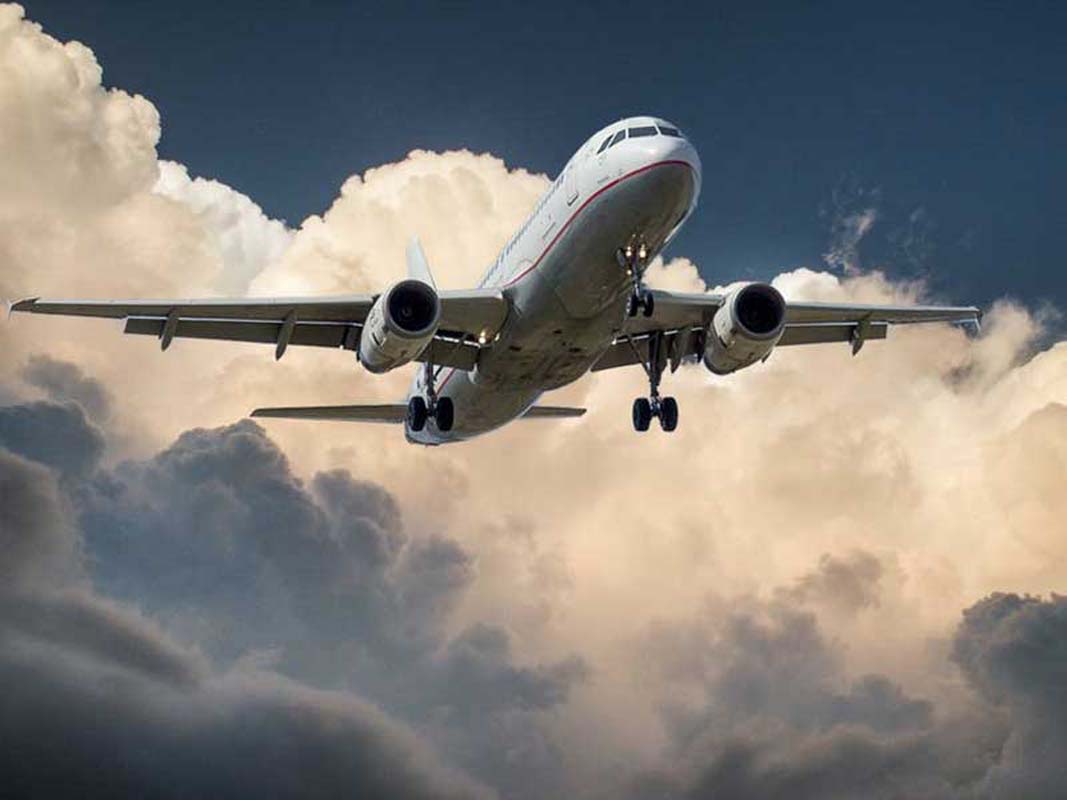
403
Sorry!!
Error! We're sorry, but the page you were looking for doesn't exist.
Preliminary Air India Crash Report Doesn’t Blame Pilot
(MENAFN) A preliminary investigation into the Air India crash in Ahmedabad does not hold the pilot responsible, the Indian government informed the country’s Supreme Court on Thursday.
The tragic incident in June 2025 claimed the lives of 270 individuals, including 12 crew members and 229 passengers.
The aircraft had just departed when it lost altitude and collided with a medical college dormitory. Remarkably, only one passenger survived the crash.
India’s solicitor general emphasized to the Supreme Court that the inquiry conducted by the Aircraft Accident Investigation Bureau (AAIB) is not intended to “apportion blame” but rather to determine the factors behind the accident and prevent similar occurrences in the future.
The Supreme Court was considering a petition filed by the father of Captain Sumeet Sabharwal, who was piloting the Dreamliner.
The petitioner requested an independent investigation, arguing that the preliminary AAIB findings indicating potential “human error” were flawed and overlooked evidence suggesting an electrical or system malfunction.
The government reassured the court that the investigation is being carried out according to international civil aviation standards.
There exists a “clear regime” under the International Civil Aviation Organisation (ICAO) conventions for handling such inquiries.
Addressing misconceptions arising from the preliminary report, the solicitor general stated that the Ministry of Civil Aviation issued a press note clarifying that no individual has been blamed.
The petitioner, however, maintained that the probe was not fully following the standards mandated by the ICAO.
The tragic incident in June 2025 claimed the lives of 270 individuals, including 12 crew members and 229 passengers.
The aircraft had just departed when it lost altitude and collided with a medical college dormitory. Remarkably, only one passenger survived the crash.
India’s solicitor general emphasized to the Supreme Court that the inquiry conducted by the Aircraft Accident Investigation Bureau (AAIB) is not intended to “apportion blame” but rather to determine the factors behind the accident and prevent similar occurrences in the future.
The Supreme Court was considering a petition filed by the father of Captain Sumeet Sabharwal, who was piloting the Dreamliner.
The petitioner requested an independent investigation, arguing that the preliminary AAIB findings indicating potential “human error” were flawed and overlooked evidence suggesting an electrical or system malfunction.
The government reassured the court that the investigation is being carried out according to international civil aviation standards.
There exists a “clear regime” under the International Civil Aviation Organisation (ICAO) conventions for handling such inquiries.
Addressing misconceptions arising from the preliminary report, the solicitor general stated that the Ministry of Civil Aviation issued a press note clarifying that no individual has been blamed.
The petitioner, however, maintained that the probe was not fully following the standards mandated by the ICAO.

Legal Disclaimer:
MENAFN provides the
information “as is” without warranty of any kind. We do not accept
any responsibility or liability for the accuracy, content, images,
videos, licenses, completeness, legality, or reliability of the information
contained in this article. If you have any complaints or copyright
issues related to this article, kindly contact the provider above.


















Comments
No comment